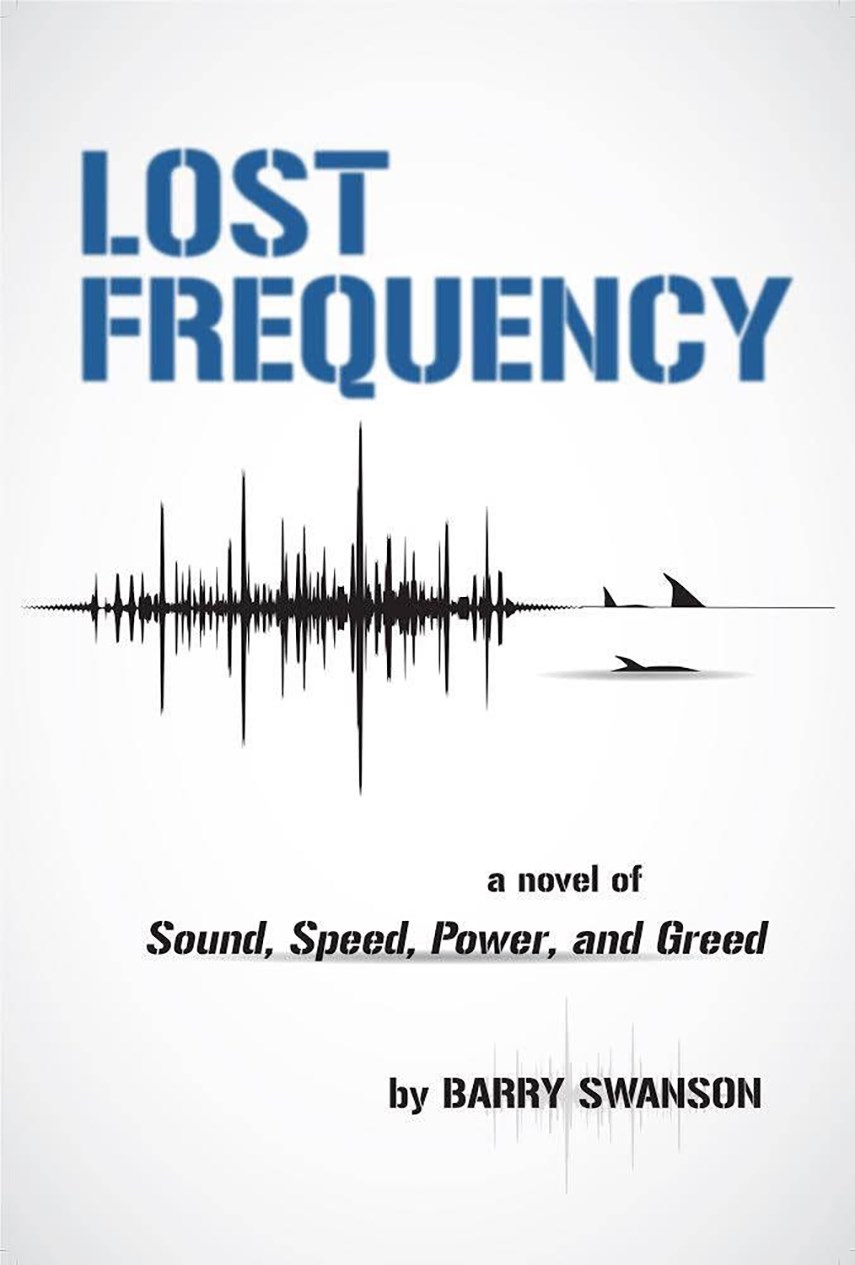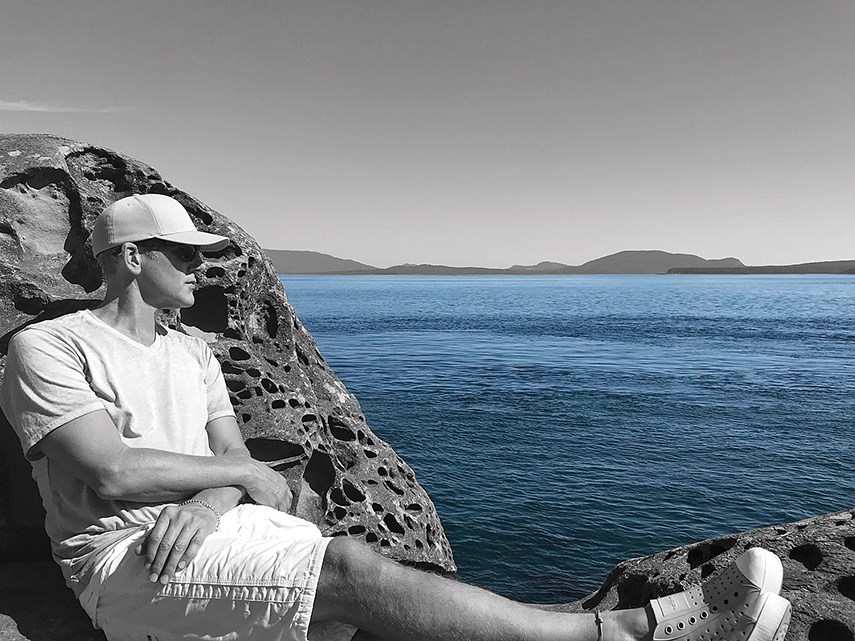It’s because Barry Swanson cares about whales that he’s looking for readers who don’t.
In September 2018, Swanson released his self-published novel Lost Frequency, a thriller about a tech genius, a revolutionary business idea that draws on communication between whales, and the menacing grasp of a shadowy Russian conglomerate.
The book has been well received by “sea mammal enthusiasts,” he says. But nine months after publication, Swanson is looking to crack that other market.
“If the book is ever going to gain wide popularity it needs to . . . find readers that really don’t care about sea mammals but just want to read an interesting thriller,” he says.
Just about every author wants to sell more books. For Swanson, however, that drive is largely ideological.
There’s been a surge in the popularity of aquarium theme parks in recent years, Swanson notes. In 2014, the Chimelong Ocean Kingdom etched a place in the Guinness Book of World Records as the planet’s largest aquarium. Since 2015, the number of aquariums in China has jumped from 39 to 76, according to British newspaper The Independent.
That upswing is why Swanson wants his book, which portrays whales as sensitive, intelligent mammals who suffer when in captivity, to become popular enough to cross borders and be translated into multiple languages.
Swanson gained a deeper understanding of whales when, as a young father, he took his six-year-old son to see the orcas at the Vancouver Aquarium.
Rather than awestruck, his son was empathetic.
“They look really sad,” his son told him.
That reaction stuck with him.

“Some people say, ‘We wouldn’t know what we know now had it not been for captivity,’” he explains. “That’s a valid point. But now that we know what we know, let’s do the right thing.”
Ambivalence that turns to outright revulsion for captivity is on display in Lost Frequency. The book’s protagonist, DJ Parker, is frequently at loggerheads with his father, a magnate in the aquarium theme park business.
“Those whales and dolphins and sea lions live the kinds of lives in our parks that other animals would kill for!” the father protests early in the novel. “They’re safe, secure, healthy, and well-fed.”
“You forgot to mention imprisoned!” Parker replies. “Orcas in the wild can cover up to a hundred miles or more in a day, did you know that? The Southern Residents’ territory is the entire Salish Sea and the Juan De Fuca Strait, north all the way to Tofino! How far do your whales go in their tiny concrete pools each day?”
Swanson’s cetacean fascination dates back to his youth in Victoria, where, maybe when passing Roche Harbour or easing by Saturna Island, he’d get a glimpse of the southern residents.
“They were an elusive group but we would see them from time to time,” he recalls.
Back then, whale roundups were frequent.
Between 1965 and ’73 approximately 45 whales were taken from the Salish Sea and Puget Sound. In 1970, trappers dropped explosives from aircrafts to force approximately 100 whales into Penn Cove. At least four of the mammals died. Seven whales were netted and shipped to aquariums.
“People really didn’t have a good understanding of these creatures and how sentient they were,” he says.
When discussing both his writing and his downtime, Swanson invariably talks about whales. The morning he spoke to the North Shore News he’d spent the morning on a kayak watching humpbacks near Galiano Island.
A marine naturalist, Swanson wanted to share what he’d learned with a larger audience. However, he’s aware many readers, himself included, struggle with scientific reports.
“We all are guilty of glazing over our textbooks,” he says.
But with fiction he thought he could fill the story with facts. And, if he could make readers look at whales the way his son did, he knew they would never look at whales the same way.



